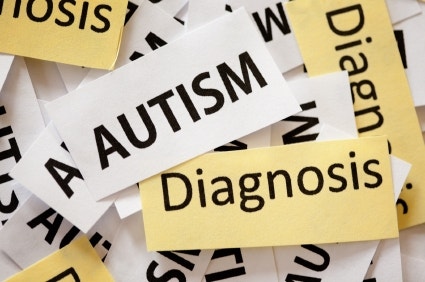Did you know that you can radically alter your mood with the foods you put in your body?
Making a habit of eating processed foods that are high in fat and sugar can affect your waistline, but also your stress hormones, leaving you feeling frazzled and experiencing energy spikes and crashes. On the other hand, a low-glycemic diet packed with fresh, natural foods can help you feel more balanced and calm, which may even help you fight the effects of external stress.
Stress and lack of sleep can affect our ability to make the right food choices and those poor choices perpetuate heightened stress levels. When cortisol levels increase due to stress, it increases cravings for high carbohydrate and processed foods while decreasing the desire for non-or low-carb foods such as vegetables or proteins.
Sugar and processed foods are some of the most common culprits that can cause instant mood swings. The initial sugar high boosts your mood, but is always followed by a dip in energy. The Natural Health Research Institute published a study indicating that people consuming 20 percent of their diet from processed foods were found to have a 58 percent increased risk of depression.
Carbohydrate-rich foods that come from healthy sources are not a problem when eaten in moderate amounts and even provide a short-lived mood boost.
Serotonin, a brain chemical that promotes fullness and satisfaction, is synthesized from the amino acid tryptophan, which is supplied in high-carbohydrate foods. Serotonin is quickly depleted during times of stress, leaving your body craving the exact foods that replenish serotonin — more carbohydrates. They become a problem once cravings are created and it becomes the main part of your daily diet. Too many carb-rich foods can lead to fatigue and brain fog, but more importantly, they can take the place of other, more nutritious foods such as vegetables and lean protein.
It can be all too easy to give in to the lure of unhealthy foods, especially if you feel like you don’t have time to prepare nutritious food. Since breakfast is your first meal in the morning, it sets the tone for the rest of the day. Making healthy choices first thing in the morning makes it easier to choose the right foods for the rest of the day’s meals. Many typical breakfast foods such as bagels, muffins and pancakes are high in carbohydrates and can make you feel even sleepier than when you first rolled out of bed, and leave you craving more sugary foods throughout the day.
Falling short on your intake of omega-3 fatty acids can lead to impaired memory and depression. Regular intake of omega-3s may help combat depression, pessimism and even impulsivity. While you can make a habit of taking a daily supplement, there are also plenty of foods that supply you with enough omega-3s to make an impact. Aim for two servings of fatty fish per week such as wild salmon, mackerel and sardines, and include other sources like flaxseed and walnuts on a regular basis.
Neglecting the ever-important nutrient iron can also lead to depression, fatigue and inattention. According to the Dartmouth Undergraduate Journal of Science, iron deficiency is one of the most common nutrient deficiencies and most often affects women, children and vegetarians. Easy ways to add iron to the diet include liver, green leafy vegetables, egg yolks, beans, seafood and vegetables such as broccoli and asparagus.
While certain foods may dampen your mood, other foods can actually help improve it. Fresh fruits, vegetables, fish and healthy snacks such as nuts and seeds go a long way in balancing your mood and making you feel good.
Start by removing all processed food from your diet, and choosing whole food and healthy protein sources to ensure that you’re getting adequate nutrients. Opt for the most nutrient-dense foods available and choose high quality, organic proteins as often as possible.










Leave a Reply